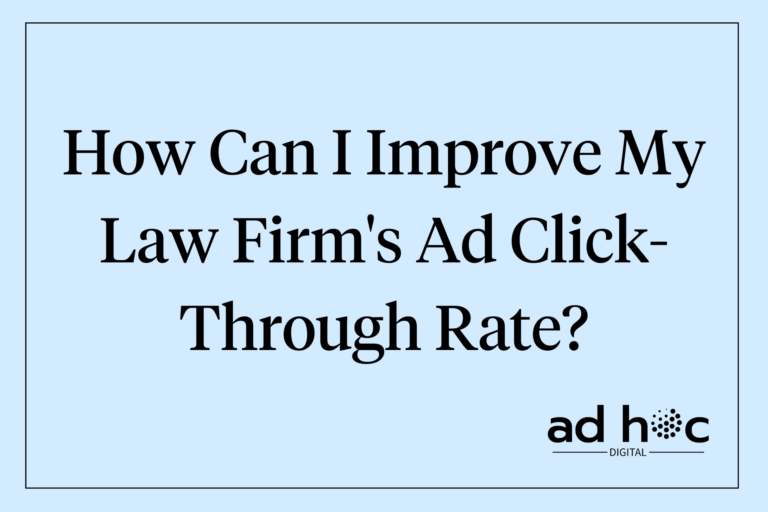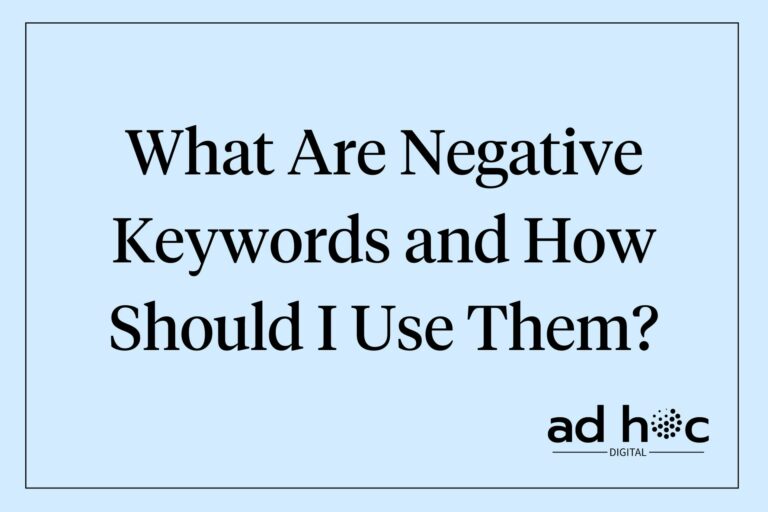Understanding the difference between paid search and organic search is crucial for developing an effective search engine marketing (SEM) strategy for your law firm. Both methods have unique benefits and can significantly impact your online visibility and client acquisition efforts. This detailed guide will explain the differences between paid search and organic search, how each works, their benefits and drawbacks, and how you can integrate both strategies to maximize your online presence.
Discover key strategies for building effective campaigns at Effective Google Ads Campaigns for Lawyers.
Definition and Overview
Paid Search
Paid search, also known as pay-per-click (PPC) advertising, involves paying for ad placements on search engine results pages (SERPs). Advertisers bid on keywords relevant to their services, and their ads appear at the top or bottom of the search results.
Organic Search
Organic search results are the listings that appear on SERPs naturally based on their relevance to the search query. These results are not paid for but are earned through search engine optimization (SEO) efforts.
For a foundational understanding of Google Ads and paid search, visit getting started with Google Ads for lawyers.
How Paid Search Works
PPC Advertising
In PPC advertising, advertisers create ads and bid on keywords. When a user searches for those keywords, an auction determines which ads appear based on the bid amount and ad quality. Advertisers pay each time a user clicks on their ad.
Ad Auctions
Google Ads operates on an auction system where the highest bidders for relevant keywords get their ads displayed. The ad’s position on the SERP is determined by the bid amount and the ad’s Quality Score, which measures its relevance and quality.
Cost Implications
Paid search can be costly, as you need to allocate a budget for your ads. The cost per click (CPC) varies based on keyword competition and other factors. Effective budgeting and bidding strategies are crucial to managing costs.
For more on managing your budget, visit Google Ads budget for lawyers.
How Organic Search Works
SEO Fundamentals
SEO involves optimizing your website and content to rank higher in organic search results. This includes on-page elements like meta tags and keyword usage, as well as off-page factors like backlinks and social signals.
Ranking Factors
Search engines use complex algorithms to determine which pages are most relevant to a search query. Key factors include content quality, keyword relevance, site structure, and user experience.
Content and Keywords
Creating high-quality, informative content that addresses the needs of your target audience is essential for SEO. Keywords should be naturally integrated into your content to improve relevance and rankings.
For more on effective keyword strategies, see best keywords for law firm Google Ads.
Key Differences Between Paid and Organic Search
Cost
- Paid Search: Involves ongoing costs for each click. You need to continuously invest to maintain ad visibility.
- Organic Search: Involves upfront investment in content creation and optimization but can provide long-term, sustainable traffic without ongoing costs.
Speed of Results
- Paid Search: Provides immediate visibility and results as soon as your ads go live.
- Organic Search: Takes time to build up rankings and see results, often several months or longer.
Placement in SERPs
- Paid Search: Ads appear at the top and bottom of SERPs, above the organic results.
- Organic Search: Appears below the paid ads, with top organic listings typically getting the most clicks.
Click-Through Rates
- Paid Search: Often has lower click-through rates compared to top organic listings, as users tend to trust organic results more.
- Organic Search: Generally enjoys higher click-through rates, especially for top-ranked pages.
Longevity and Sustainability
- Paid Search: Ads stop appearing once you stop paying, making it less sustainable without continuous investment.
- Organic Search: Provides long-term visibility and traffic even after the initial optimization efforts.
Benefits and Drawbacks of Paid Search
Advantages
- Immediate Visibility: Your ads appear instantly in search results, driving quick traffic to your site.
- Control Over Targeting: You can precisely target your ads based on keywords, demographics, and location.
- Measurable ROI: PPC allows you to track performance and ROI accurately, making it easier to adjust strategies.
Disadvantages
- Costs Can Add Up: Continuous investment is required to maintain ad visibility, and costs can escalate quickly.
- Dependency on Ad Spend: Traffic stops if you pause your ads, making you reliant on continuous spending.
- Potential for Ad Fatigue: Users may become desensitized to your ads over time, reducing effectiveness.
For more on optimizing your PPC campaigns, visit effective Google Ads campaigns for lawyers.
Benefits and Drawbacks of Organic Search
Advantages
- Credibility and Trust: Users tend to trust organic results more than paid ads, leading to higher engagement.
- Cost-Effective in the Long Run: Once your site ranks well, you can enjoy sustained traffic without ongoing costs.
- Sustainable Traffic: Organic traffic continues to flow even if you pause your SEO efforts temporarily.
Disadvantages
- Takes Time to See Results: SEO is a long-term strategy that requires patience and ongoing effort.
- Requires Ongoing Effort: Regular updates and optimizations are needed to maintain rankings.
- Vulnerability to Algorithm Changes: Search engine algorithms can change, impacting your rankings and traffic.
For tips on maintaining and optimizing your SEO efforts, see tracking Google Ads performance for lawyers.
Integrating Paid and Organic Strategies
Complementary Approaches
Using both PPC and SEO strategies can provide comprehensive coverage of SERPs. PPC can drive immediate traffic while your SEO efforts build up organic rankings.
Maximizing Visibility
By occupying both paid and organic positions, you can dominate the search results for your target keywords, increasing your visibility and credibility.
Conclusion
Understanding the differences between paid search and organic search is essential for developing a balanced and effective SEM strategy. Both methods have unique advantages and can work together to maximize your law firm’s online visibility. By leveraging the strengths of both PPC and SEO, you can achieve immediate results while building a sustainable long-term presence in search engines.
Additional Resources
- Getting started with Google Ads for lawyers
- Best keywords for law firm Google Ads
- Effective Google Ads campaigns for lawyers
- Tracking Google Ads performance for lawyers
- Google Ads for client acquisition law firms
If our content resonated with you, subscribe to our newsletter for weekly updates. Fill out the form below to explore our services—we’ll reach out to you promptly.



